Disney is one of the most popular and well-regarded companies in the world. It tops the charts when it comes to customer service, consumer satisfaction, and even intimacy. But following Disney’s recent expansions, it might be too big, as it owns a substantial fraction of the most influential cultural franchises, including Star Wars, Marvel, Avatar, The Simpsons, and, of course, the core Disney characters.
Earlier this year, in the days leading up to the Disney-Fox merger, I explained why the merger is not problematic from a monopoly or antitrust perspective. Even though Disney has a large cultural footprint, it cannot be said that it is “anticompetitive.” To the contrary, there is substantial competition in every field in which Disney operates — Disney World has Universal Studios, Disney Cruise Line has Carnival and Caribbean, Disney+ has Netflix, Star Wars has Star Trek, and so on.
But the fact that there is no formal antitrust problem doesn’t really address the concerns people have voiced about Disney. The problem isn’t that Disney is anticompetitive in a traditional sense — it’s that the Disney properties are so significant from a cultural perspective that they shouldn’t be controlled by any one person or company. This week, I’ll discuss the concerns people have with the Disney empire. Next week, I’ll consider what, if anything, the law could or should do in response to those concerns.

There are two kinds of concerns when it comes to Disney’s cultural dominance: a concern that Disney will not properly preserve or make available its cultural properties and a concern that Disney cannot be trusted to honor the creativity integrity of its properties. Both concerns are rooted in the fact that, as a for-profit company, Disney’s primary motive is profit, as opposed to responsible stewardship over creative materials. While the two motives often align, it’s not hard to find instances in which Disney has limited the availability of its films to increase demand, or where Disney has cut creative corners for a quick profit.
When it comes to preservation, the primary concern is one of access. The fear is that Disney will use the “Disney Vault” to limit access to cultural landmarks, or that Disney will modify original works to promote upcoming projects. Even recently, fans have noticed that Disney “is quietly placing classic Fox movies into its vault,” that Disney (admittedly by way of George Lucas) modified Star Wars to improve Han Solo’s reputation, and that Disney has added “warnings” to some of its most famous works. If that’s what Disney can do in a month, there’s no telling what things could look like over the next 10-20 years.
When it comes to creative integrity, fans fear that Disney lacks the motivation to develop the properties to their full potential. The fear is that Disney’s profit motive will discourage the company from taking risks, pushing creative boundaries, or taking its franchises where they “should” go for fear of controversy and box office flops. Some people point to this problem when arguing that the new Star Wars films are too derivative of the original trilogy or that Disney cedes too much creative control to China at the expense of cinematic integrity.

There is also concern that Disney lacks the ability to properly care for its properties. Even though Disney has several different studios and divisions, all of its various properties live under one corporate umbrella and are subject to a single set of corporate procedures, approvals, and specifications. For example, we know that Alan Horn, the head of Disney Studios, has a role in the development of every Disney movie. Likewise, we know that Kevin Feige has a significant role in the development of every MCU film and that, going forward, he will be involved in Star Wars. The fact that all of Disney’s properties are controlled by the same small group of people and are developed according to the same policies, procedures, and specifications means the properties could suffer from a lack of creative diversity and that they could end up following the same styles, conventions, and creative preferences. This is what has caused some to argue that Marvel movies are essentially the same, or classic Disney movies are essentially the same.
However, it’s worth noting that the concerns described above do not reflect a consensus among fans or the general public. There are plenty of people who are perfectly satisfied with Disney’s operations. In response to concerns about accessibility, Disney supporters could simply point to Disney+, which makes the vast majority of Disney’s library available to the public. Similarly, fans could rebut criticisms of Disney’s artistic integrity simply by pointing to Disney’s most recent films, which were widely successful and which, collectively, reflect a variety of genres, styles, and editorial preferences. In other words, Disney fans would argue that there is a strong correlation between quality and profit, and thus that Disney has a strong incentive to produce high-quality, innovative content across its various properties.
I highlight these rebuttal views to show that the question at issue here is not just whether the law can do something to address Disney’s cultural dominance, but whether that kind of corrective action — whatever it may be — is necessary and whether it would be beneficial.
Come back next week, when I consider whether eminent domain or historic preservation laws can be used to destroy the Disney Vault, and whether there’s a case to be made for creating a “cultural” extension to our antitrust laws.

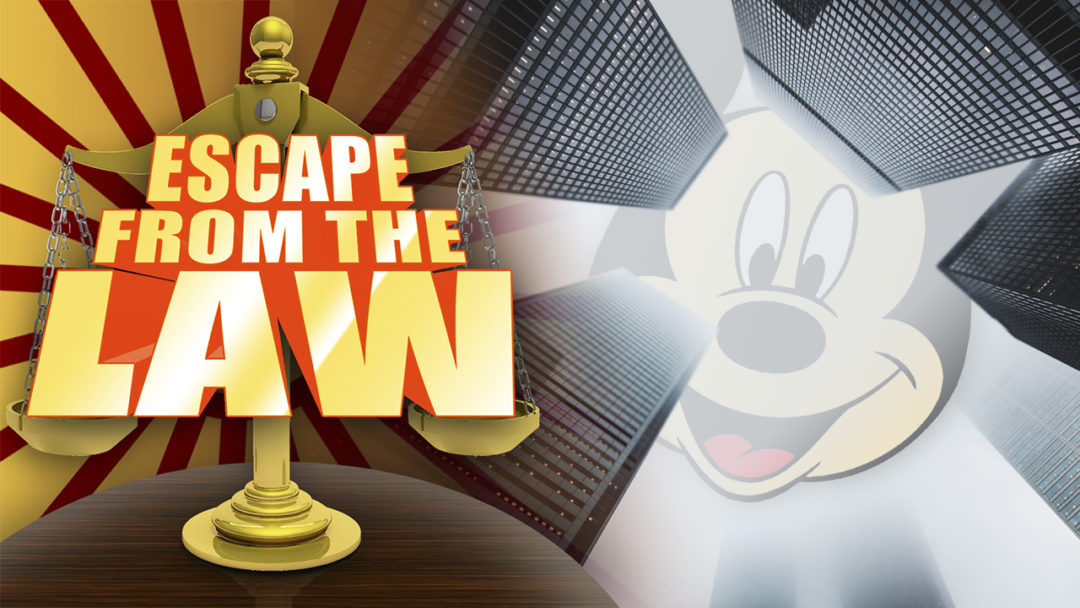




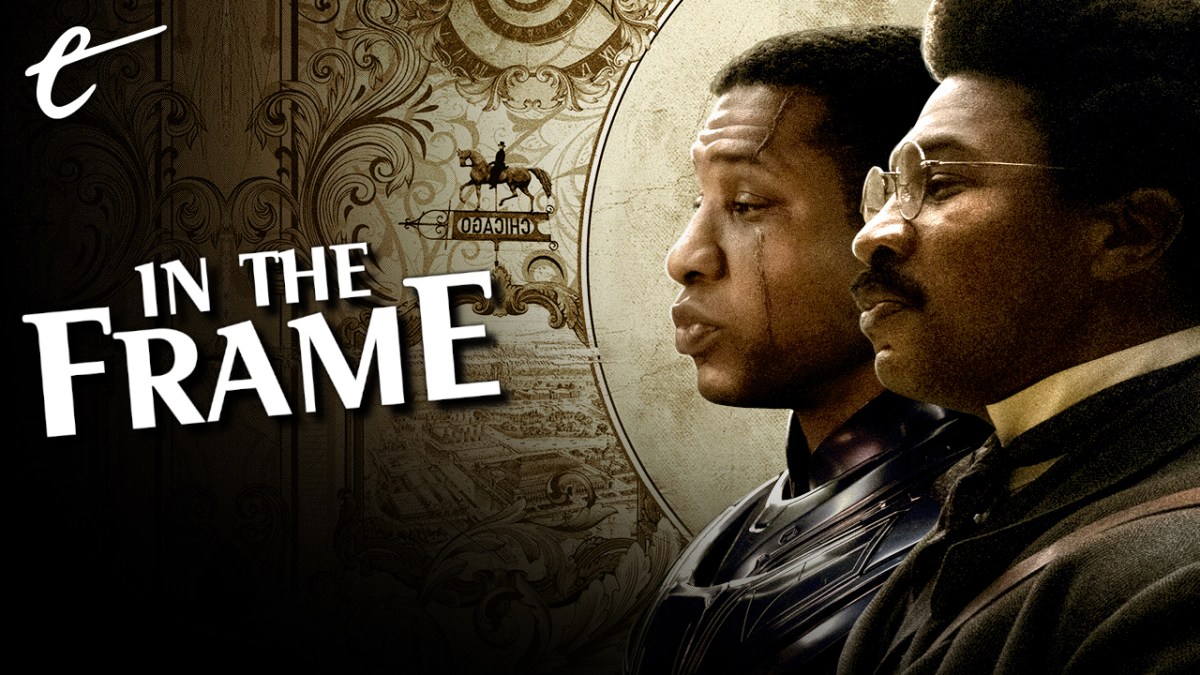

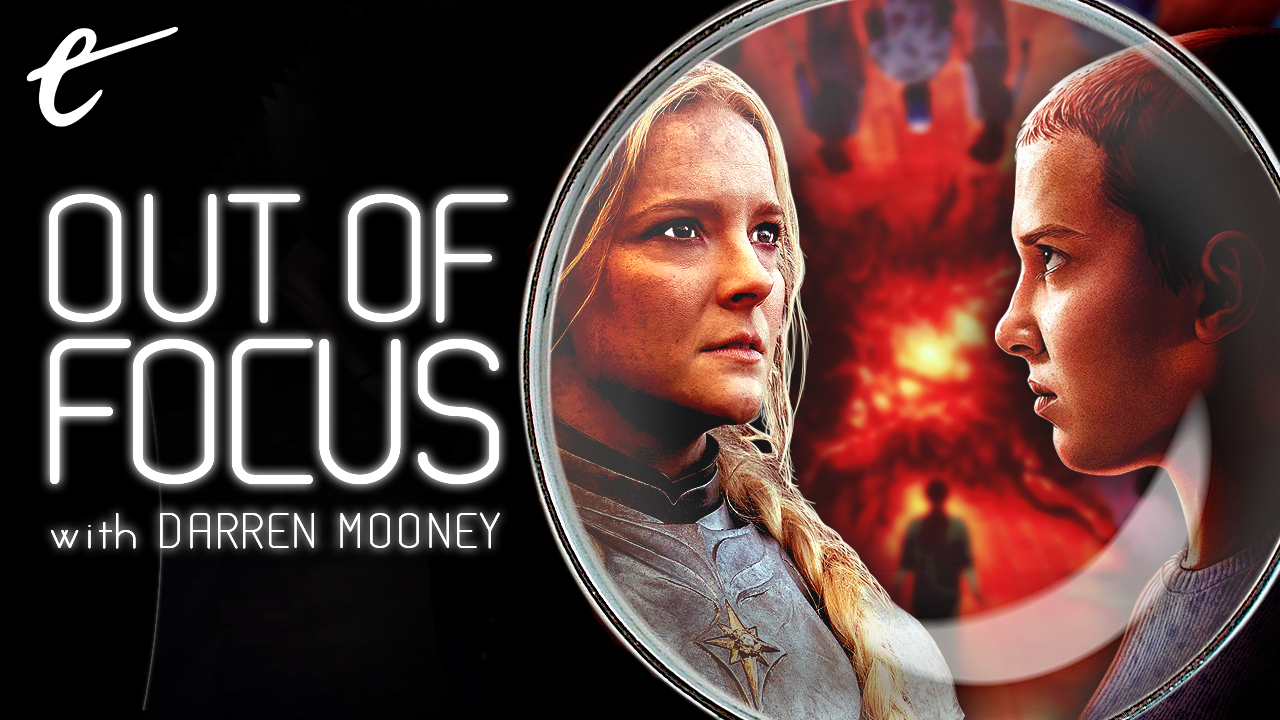
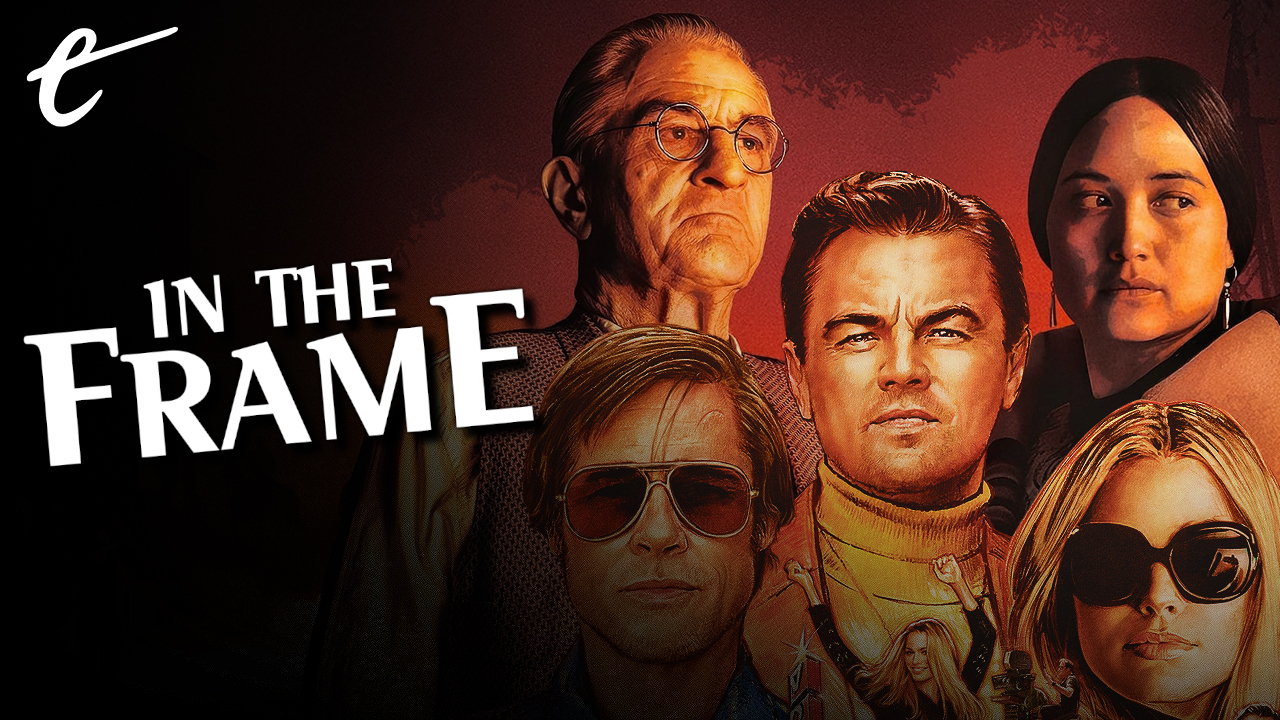
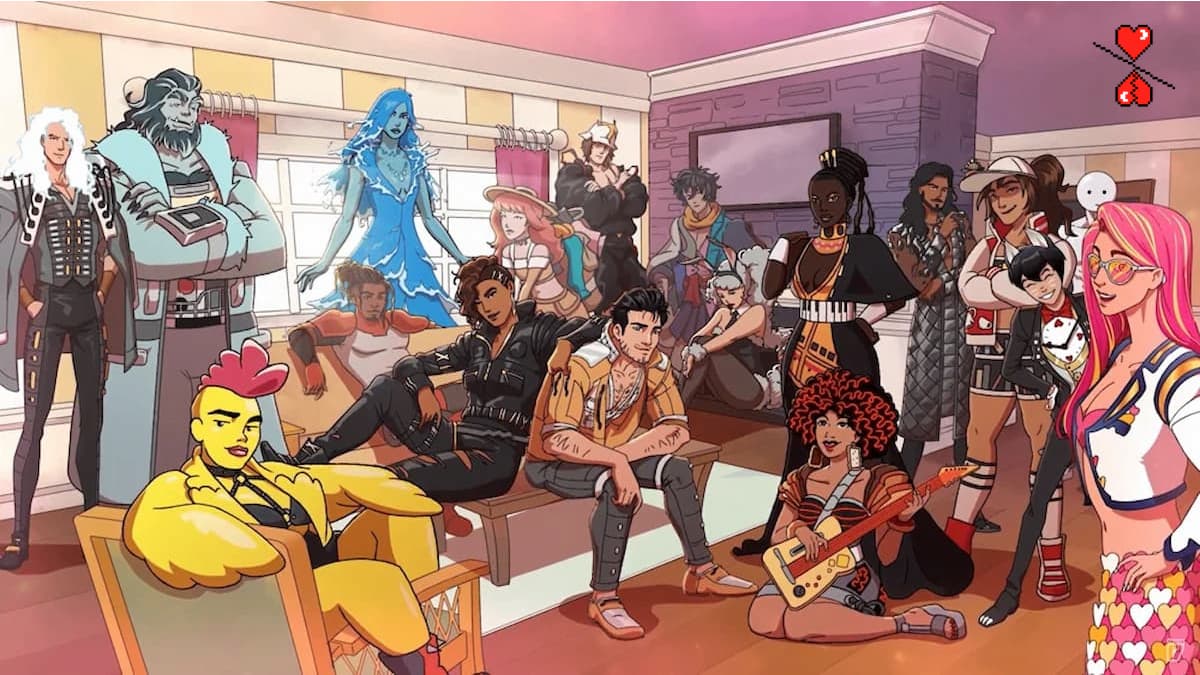



Published: Nov 24, 2019 8:00 PM UTC